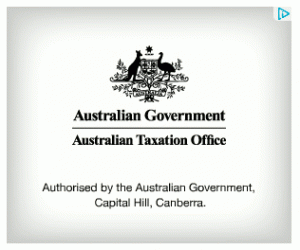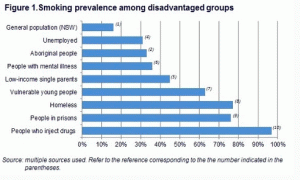It’s now official, since the budget, economic confidence has plummeted. But who is to blame – government or opposition?
For a couple of weeks there the news was unofficial – just straws in the wind. Turnover in the video store was down, but then it’s an industry in decline, so not a very good data point.
But a friend in fashion retail was also reporting the same trend, but then, the weather has been unseasonably warm, so no-one is buying winter fashions.
Then the motelier down south reported that business had been very slow for the last two weeks, so of course she had rooms available. Well, warm weather ought to help her, and its not an industry in decline, so a better data point.
Then Allianz came to my rescue (according to the ads helping out is all part of the service) with the results of a survey they commissioned from Newspoll.
The level of optimism about the future of the economy has slumped following the Federal Budget, falling to a score of 2 on the Allianz Future Optimism Index. This continues a consistent trend of post-Budget pessimism, even though the latest Budget is widely regarded as the ‘toughest’ since 1996.
On the face of it, it appears that Australians just don’t like Federal Budgets, regardless of the political colour of the government that delivers them or the level of fiscal stringency involved.
However, Allianz’s optimism survey reveals that it is not the case that all Australians don’t like Federal Budgets. In fact, post-Budget falls in economic optimism are largely driven by voters that do not support the Federal Government of the day. This is because the overall optimism result disguises significant differences in sentiment based purely on Federal voting intentions.
Commenting on the results, Allianz Australia Managing Director, Niran Peiris, said “Allianz commenced the optimism survey in late 2010 and the results have fluctuated and varied according to age, gender and State of residence in various ways. However, post-Budget falls in optimism do not appear to be driven by an across-the-board change in sentiment among all Australians. Now we have had a Federal Election since the survey commenced, we can see that Federal voting intention is often a key factor in economic optimism, particularly in response to a Federal Budget.”
Yesterday I saw a news report of Senator Penny Wong blaming Tony Abbott for the decline in confidence by “trash talking” the economy. Can’t find the piece today, but it’s been a recurrent phrase of hers for years, yet the research shows that the decline in sentiment is driven by Labor voters.
How is it that Labor voters are listening to Tony Abbott?
Or is it opposition leaders who drive sentiment down, not governments?
I think the truth lies somewhere between. If the government had told more of the truth – this is a mild budget, meant to gradually bring us back into surplus, without making too many changes – and the opposition fessed-up to the mess they have gotten us into, instead of pretending a porcine economy is OK – then sentiment would be much higher.
Sure, spending could be down a bit, as people anticipate pulling their belts in half a notch, but we’d know that businesses would have the confidence to invest knowing that things are back on track.
And it’s investment and innovation that drives economic growth in the end.

